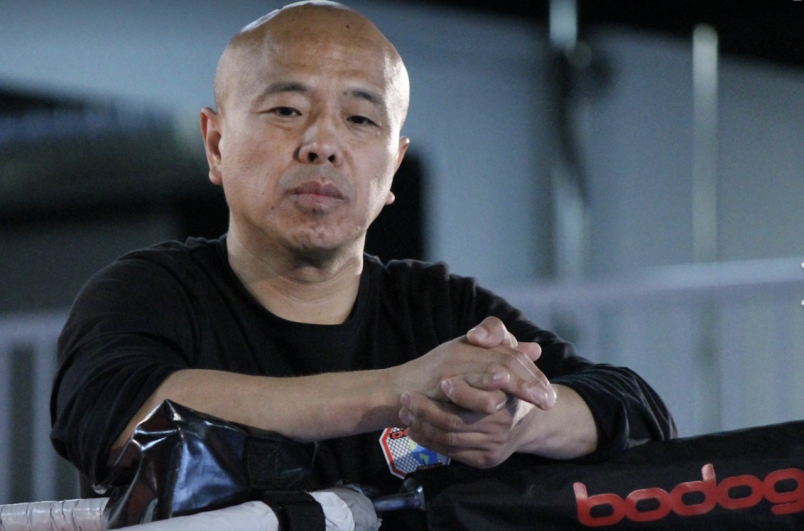A lawyer from a Vancouver law firm that conducted real estate transactions connected to alleged money launderer Paul King Jin is facing a hearing at the Law Society of BC for alleged trust account violations and professional misconduct.
Xiuwen (Vincent) Ouyang was issued the citation Oct. 18 and is expected to face a hearing for four alleged incidents of professional misconduct.
First, between approximately August and November 2019, Ouyang “used or permitted” the use of his firm’s trust account to “receive or disburse, or both, some or all of approximately $3,026,204.01” on behalf of “client WFD Ltd.”
Ouyang failed “be on guard against becoming the tool or dupe of an unscrupulous client or other persons,” and failed to “make reasonable inquiries prior to acting or continuing to act in circumstances that were objectively suspicious.”
Ouyang, who works in commercial lending, corporate structuring and real estate law, never inquired about the source of funds, the society alleges.
Second, Ouyang never recorded the client’s identity.
Third, “in approximately July 2019, in relation to your client PKJ, you failed to make reasonable efforts to obtain and record the client’s identification information.”
Fourth, “between approximately April and May 2019, in relation to your client LS, you failed to make reasonable efforts to obtain and record the client’s identification information.”
Lawyer trust accounts are not subject to federal anti-money laundering regulations and reporting requirements through Fintrac, leaving law societies to police their own rules.
None of the allegations from the law society are proven. Any administrative findings could result in any combination of fines, suspensions and professional penalties.
Law firm conducted transactions for Paul King Jin’s son
Cao Law Corp. is referenced in an overview report for Paul King Jin by the Commission of Inquiry into Money Laundering.
Cao Law Corp. registered a $400,000 mortgage on Jan, 23, 2020 against a borrower on behalf of 1233543 BC Ltd., whose sole director is Jesse Xin Jia, who is Jin’s son. The interest rate was set at 24 per cent.
A notice of civil claim filed by B.C.'s Director of Civil Forfeiture in August 2020 names Jin as the manager of World Champion Club, a mixed martial arts and fitness centre that operates out of the 31,000-square foot warehouse at 12851 No. 5 Road in Richmond — a property owned by Warrior Fighting Dream Ltd., which is named as a co-defendant in the claim.
Jin is named as the beneficial owner of Warrior Fighting Dream Ltd. and the director alleges Jin has been involved in “large-scale money laundering activities involving licensed casinos, illegal gaming houses and an unlicensed financial institution.”
In response, both Jin and Warrior Fighting Dream Ltd. denied Jin is the beneficial owner of Warrior Fighting Dream Ltd.
On Feb. 6, on behalf of Cao Law Corp., Ouyang’s colleague lawyer Junzhong Cao signed a response to the director's claim for 1219598 BC Ltd. The numbered company holds a mortgage registered against the No. 5 Road property the director seeks to seize, as it’s alleged to be an instrument of “unlawful activity.”
The director claims proceeds of crime were used to pay down that mortgage and the numbered company knew or ought to have known the property was being used to launder money.
In response, the numbered company claims the mortgage is legitimate.
The numbered company admits Jin is manager of World Champion Club, as claimed by the director, whereas Jin denies this, in his response to the claim, last October.
Last March, a significant criminal investigation of Jin resulted in no charges after a special prosecutor determined Crown prosecutors could not establish a predicate offence.
Jin asserts investigations conducted against him “have been conducted in an unreasonable manner and in further violation of various sections of the Canadian Charter of Rights and Freedoms.”
Jin has several forfeiture claims against him. With respect to the one against the gym, he asserts an abuse of process by the director, who under law only needs to prove likelihood that assets are derived from crimes.



